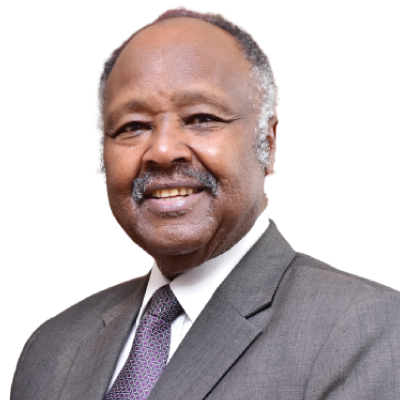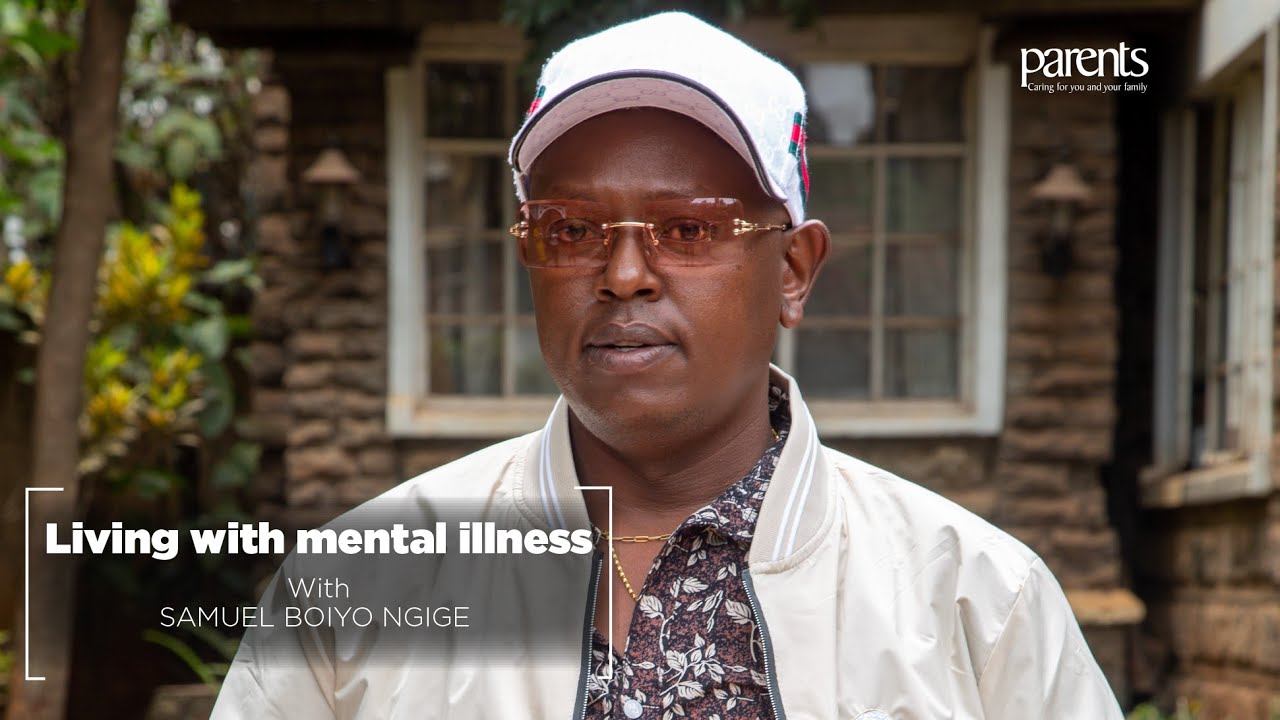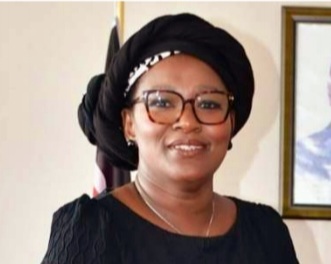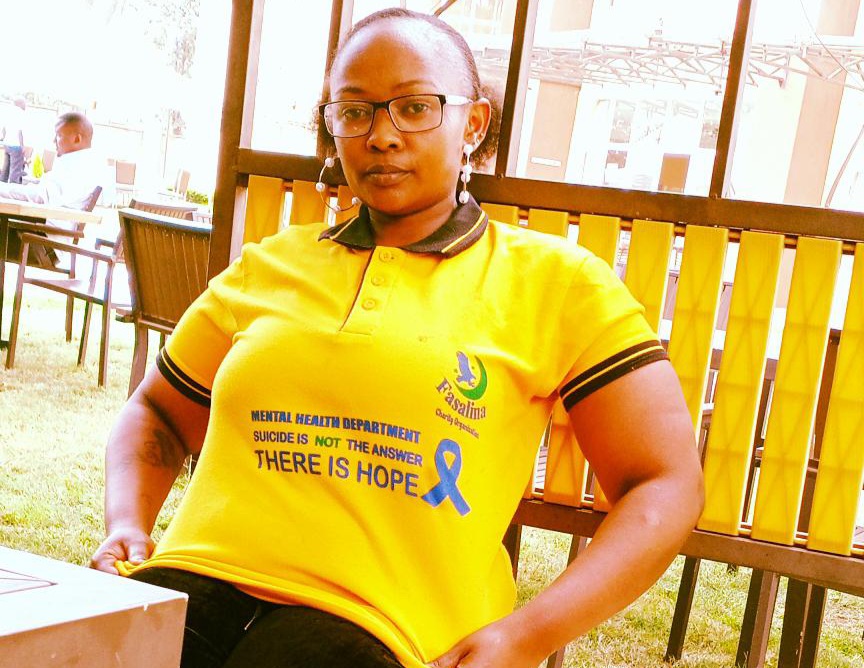Dr.Frank Njenga: The case for mental health in the country

Dr Frank Njenga has been a psychiatrist for over four decades and has been an integral part of many mental health interventions in the country. In this special feature, HARRIET OGAYO picks his mind regarding the state of mental health in the country and what more can be done.
You have been a mental health professional for decades. From your assessment, what is the state of mental health in Kenya?
I believe we are on the right track with regards to addressing mental health disorders and creating awareness. Just recently the president passed the mental health amendment bill so we now have an act of parliament that dictates the framework around which mental health will be addressed. It’s a big deal because it’s something we had been working on for the last 10 years.
It’s one of the recommendations that we had put down in the Mental Health Taskforce Report, which is available online. The government asked me to chair the taskforce and we went around the country and found high levels of mental health disorders but very low levels of investment in mental health care. We put up 15 recommendations, some of which we achieved such as the new International Mental Wellness Hospital in Ngong which was commissioned by the president recently, and the bill.
Beyond the policies and state interventions, what else have you observed?
Aside from what the government is doing, the good news is that among the youth, the stigma associated with mental health is not as it was in the past or with people my age. They are more open to talking about it and seeking treatment, which is a good thing.
However, there are more triggers than in the past and the numbers speak for themselves. We are witnessing that by age 14 some of these disorders start to manifest which means there is still more to be done regarding mental health interventions.
We are also about to launch the Investment Case for Mental Health, which provides evidence that investing in mental health has good returns for everyone. It contains a whole gamut of things ranging from creating resource materials for teachers on how to recognise mental health disorders in students, to training people who will help youngsters deal with their problems.
That raises an important concern on access to mental health care which many feel is a preserve of those who can afford private healthcare. Is this assumption correct?
No, many things are not accessible to poorly-resourced areas. That applies to education, health, transport and so many other things; that’s just how society is structured. The important thing to note is that it is the government’s responsibility to ensure that there is equity and that the largest possible number of people have access.
How about the practitioners in the country? Are you concerned that as mental health awareness becomes more common, it raises the issue of under-qualified mental health workers?
In Kenya, we are not as badly off as people think. We have many universities training psychologists and psychiatrists and I believe we have the capacity to train them sufficiently. What we definitely need is more practitioners, but we are not desperate.
And what would you say is the scope of mental health disorders, considering most conversations tend to focus on depression?
Well depression is, of course, the most common, coupled with anxiety. They normally present together. However, there. are others that are more common but not well known or diagnosed such as PTSD, ADHD, ADD, substance abuse disorders caused by use of alcohol and cannabis and many others. Some of them are present in both adults and children and could have a number of triggers.
There are people who posit that the rise of mental health disorders can be traced back to the breakdown of the family unit; does that thought hold any water according to you?
It is a knife that cuts both ways; mental disorders lead to a breakdown of families and family breakdowns lead to mental disorders. Any kind of stress within the family structure can, and does, lead to mental health issues, and families are breaking up more often these days. The reality is that we do have a lot of social strife and family difficulties which certainly could explain some cases.
What can be done at family level to help with mental disorders then?
We can encourage conflict resolution among families and it’s not just by going to psychologists or psychiatrists. It can also involve traditional methods of conflict resolution by consulting elders in the family, you can also opt to go to church or to imams.
How about at the individual level?
The important thing at the individual level is the recognition when things are not going right and seeking help. It is not a sign of weakness.
Finally, as a society, how can we do better with regards to mental health interventions?
We owe it to ourselves to learn more about mental health. We must normalise conversations around it, specifically saying that having a mental health issue is not a weakness. We need to also normalise conversations around help-seeking behaviour. That, for me, is key.
This article was first published in our September 2022 issue: https://epaper.parentsafrica.com/issues/september-2022







